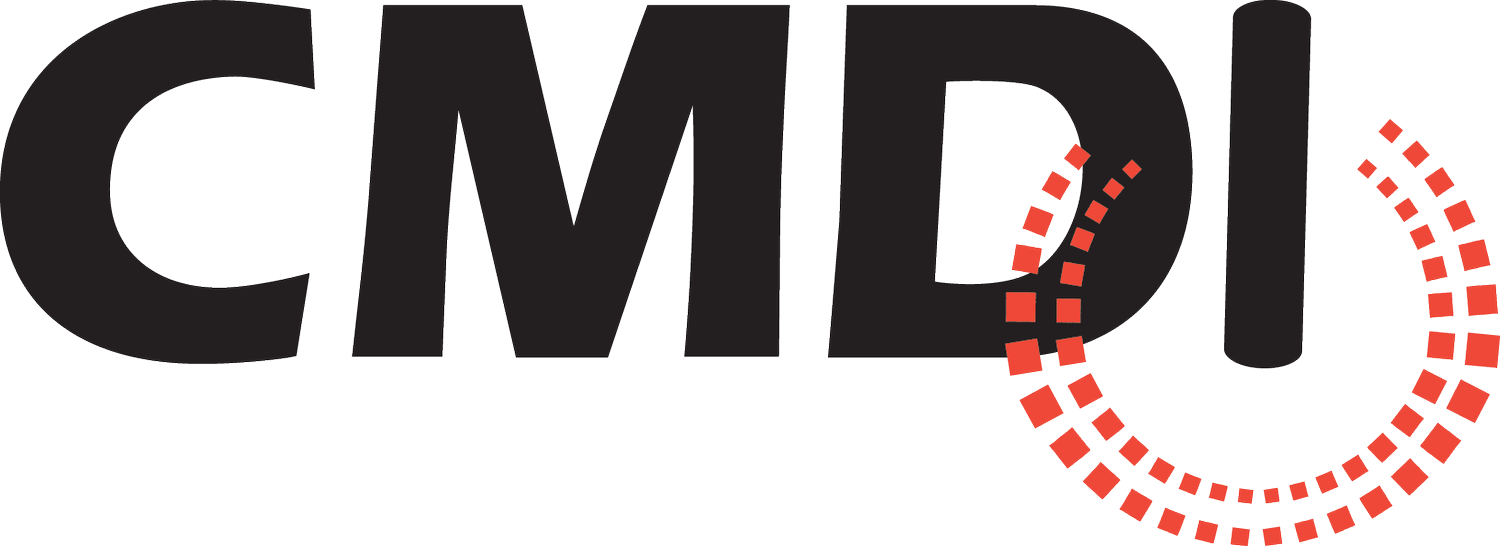The Big Business of Political Fundraising
Last week one of the major stories to hit the news feeds was that this is going to be the costliest presidential election in U.S. history. Both the Republican and Democratic parties are furiously raising and spending dollars at a lightening pace and when the 2012 election is said and done, over $2 billion will have been sacrificed to the gods of democracy. However, it’s not just the race towards the Oval Office that is raising immense levels of cash. Although our country has been in a hard hitting recession for the past few years, one wouldn’t be able to recognize this economic downturn from viewing the numbers that have been published by the Center for Responsive Politics. The CRP reported that the cost of the 2012 elections will reach over $6 billion, $2.6 billion going towards just the presidential race alone. Outside groups “for and against the two main presidential candidates has grown from $19 million per week in early September to $33 million per week in early October to $70 million during the week beginning October 21.”It’s interesting to note that while the presidential campaign dollars are hitting an all time high, House and Senate races combined are only predicted to increase slightly to $1.82 billion as compared to 2010’s totals of $1.81 billion. House spending is expected to increase 3 percent while Senate fundraising will drop 7 percent as compared to the previous election year. (Of course the contest for these seats weren’t influenced by the recent empowerment of the Super PACs which tipped the scales for the presidential candidates.)The Center also found that incumbents have the major advantage in fundraising verses their aspiring opponents. “The average incumbent senator raising $11 million over his or her six-year term, compared to $1.2 million for the average challenger, an advantage of nearly 10-to-1. Candidates in open seats raised more than $2.5 million on average. In the House, the average incumbent raised $1.5 million compared to just $245,000 for average challenger. Candidates vying for open seats in the House raised, on average, more than $453,000. Self-funding candidates have spent more than $200 million of their own money to run for office in 2012.”So how do the politicians fair with fundraising along party lines? Republicans will end up collecting $1.1 billion (55%) of the money raised by congressional candidates in the current election cycle. Furthermore, Gov. Romney raised nearly 4.5 times as much from large individual donors than he did from small donors while President Obama raised nearly two times as much money from donors giving more than $200 as he did from those giving $200 or less.As this electoral season is reaching its apex, the information that has been gleaned before the results are even turned in will have a monumental impact on the future of political fundraising. From analyzing the contributions of the Super PACs to determining the voter climate along party lines, the science of politics just got a little more complex.
